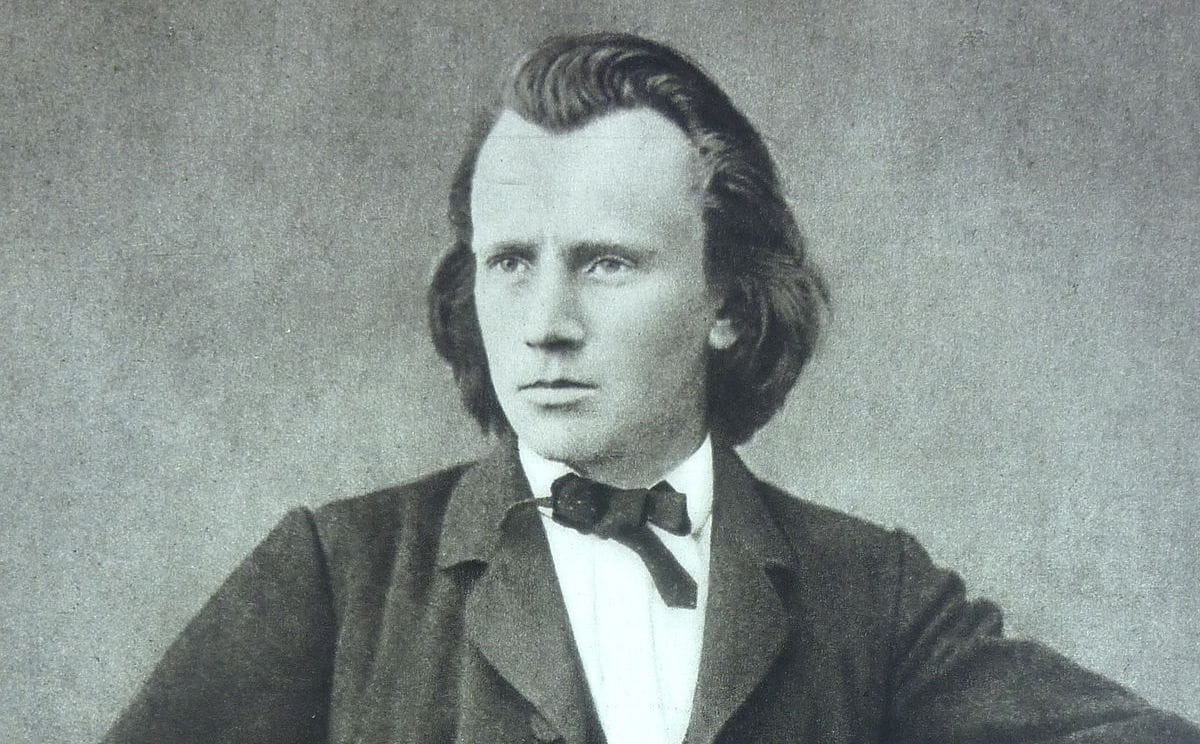The following is a transcribed Video Q&A, so the text may not read like an edited article would. Scroll to the bottom to view this video in its entirety.
I'll give you two ways in which, I think, music relate deeply to Apologetics. One has been inspired by the work of Jeremy Begbie who teaches at Duke University. And Jeremy, who's a wonderful musician as well as an Apologists, says that it is true that the Bible and theology helped to explain music and he does this beautifully himself. But he also says, "Look at it the other way around. Can not music and the arts help to explain certain things about the Bible and about theology?"
WATCH: Jeremy Begbie Talks About Theology Through the Arts
I've tried to put this into practice in a couple of ways. I've done some work on the book of Revelation as understood by various composers. Schutz and Bach and Brahms and then up into African-Americans... Blind Gary Davis who has a wonderful song on the “12 Gates Around Jerusalem.” Each of these has a musical insight into the significance of the passage in Revelation which helps you to understand Revelation in a way you might not have had you not heard the music.
Schutz has a marvelous piece where he does, “and their work shall follow them, blessed are the dead or dying in the Lord.” And it's clear that he's Protestant because the rest is first and foremost and then the works follow but they don't get you there. And that he does this musically.
The other example would be Brahms in his choral work, “His Sacred Motets.” For example, he has a magnificent motet called “Warum.” Why? It's a musical study of the text of Job when he's at the depths of his suffering and he says basically why he had to be born. Why do the ones you bring into the world have to live in misery? The opening ostinato in that motet is this unbelievably passionate two-chord repeated “Warum.”

Photo:Wikipedia
It takes a whole minute to say it. Brahms who was not an assured card carrying Christian, though he operated in a Christian world and I'm convinced he was a believer, had this question in his life. "Why?" He was very moved by suffering and a lot of his music was about that. He walks you through after the “Warum” section to a couple of others. He reminds us of the patience of Job and so on, and then he ends with the Luther's “Te Deum” and you're totally assured at the end of that but not by being given pat answers.
The second way I've tried to relate music to theology is that in my jazz band, we do a presentation which we call “Heaven in a Night Club.” It takes you through the history of slavery and the music that was produced during slavery and after, and tries to show how the message of African-American music is the Gospel message beginning with misery and ending with joy.
WATCH: "Heaven in a Nightclub" by Dr. William Edgar
Of course, African-American music is easy to do that with because it's so full of deep suffering and so full of joy, much of it, not all of it. We actually illustrate this. We have a marvelous African-American vocalist, Ruth Naomi Floyd who grew up in a church, sings blues, gospel music, spirituals, and so we go through all of these to a given audience.
Now, it doesn't mean every time I sit down to listen to a piece of music, I think, "Ah, okay. How is this Christian and am I okay with it?" I listen with my heart and not just my head. But those are just a couple of ways to answer your question about how music relates to Christianity.
WATCH: "How Does Music Relate to the Christian Faith?"